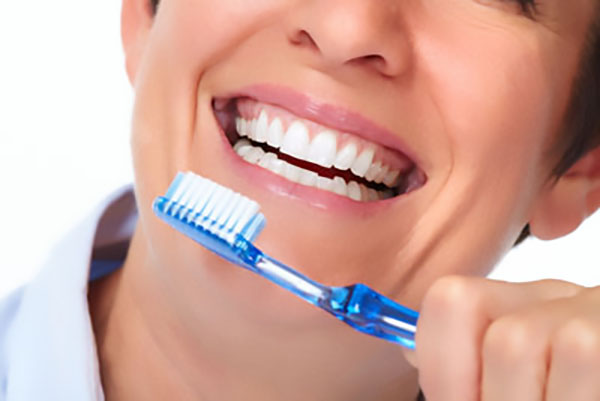How to Take Care of Your Teeth After a Smile Makeover

People undergo a smile makeover for many reasons. If you have broken teeth, discolored teeth or you are just not happy with how your teeth look, a smile makeover can transform your smile and give you a confidence boost. After undergoing the procedure, you want to take proper care of your teeth to prolong the result of the treatment and keep your smile looking aesthetically appealing. Continue reading to find out how.
Dental care after a smile makeover
The following are some important tips to consider after undergoing a smile makeover:
Maintain good oral hygiene
Brushing and flossing properly helps to prevent stains from accumulating on the teeth. Oral care will also reduce plaque and tartar, which could adversely affect the smile’s appearance and can cause problems such as tooth decay and periodontal disease. Dental professionals recommend brushing at least twice daily for about two minutes and flossing once daily.
Alcohol-based mouthwashes should be avoided as they could weaken the bonding material used for attaching the restoration to the tooth. Also, patients must visit their dentist for a cleaning and oral checkup every six months to keep their smiles in good condition.
Brush or rinse after eating or drinking tooth-staining foods
It is advisable to brush the teeth after drinking beverages like wine, tea or coffee, or eating dark-colored foods that can discolor the teeth. This will prevent tooth discoloration. When brushing is not convenient or possible, rinsing with a mouthwash or drinking a glass of water can help remove lingering pigments from the teeth. Alternatively, using straws for drinking such beverages can help limit the amount of liquid that touches the teeth.
Avoid chewing hard foods
Dental restorations like crowns, veneers and bonding are vulnerable to damage if subjected to undue pressure. It is better to be careful when eating hard foods like almonds or ice cubes, or avoid them altogether. Also, patients must avoid chewing on objects like pens, pencils and fingernails with their teeth. The teeth should not be used as a tool for opening packages or bags. These acts can damage the teeth, necessitating retreatment.
Whitening toothpaste and touchups
A good non-abrasive toothpaste can be useful for maintaining the teeth’s whiteness. It is better to avoid toothpaste containing baking soda or abrasive substances as it could abrade the veneer or tooth bonding. Patients can also consider going for a touchup appointment with a dentist to keep their teeth white and sparkling.
A nightguard can help
Individuals who are prone to teeth grinding or clenching need to get a nightguard to protect their teeth. Teeth grinding can harm the teeth and cosmetic restorations such as crowns, veneers and bonding. The dentist can also provide a custom mouthguard for those who participate in sports.
Final note
Following the simple steps above will help to keep your teeth in good condition. To get started, contact our dental office to see how you can get the smile of your dreams.
Request an appointment here: https://smilefreshdentalgrandblanc.com or call Smile Fresh Dental at (810) 515-7083 for an appointment in our Grand Blanc office.
Check out what others are saying about our services on Google: Read our Yelp reviews.
Related Posts
Dental veneers are versatile restorations. Your dentist can improve the health and appearance of your teeth by applying these custom-fit shells. Talking to your dentist about the procedure can motivate you to set your treatment schedule. Here are the pros and cons of getting your dental veneers.Dental veneers can be a good choice for dental…
Those seeking to perfect their smiles often turn to dental veneers. This treatment is well known for helping to create bright and dazzling smiles free from imperfections, making it one of the most sought-after cosmetic procedures. In addition, veneers are aesthetically pleasing and versatile in addressing the widest range of cosmetic issues.However, it is important…
Dental veneers are an investment. Getting these restorations is a significant decision. The permanence of having these shells on your teeth needs commitment. Knowing how to make these restorations last longer can help motivate you to care for them even more. Here are some advice and tips on how to make your dental veneers last…
Implant supported dentures combine traditional dentures with permanent dental implants to provide a stable and secure tooth restoration option. Unlike traditional removable dentures, this option is supported by two or more dental implants rather than your gum tissues. The additional stability of dental implants may make it simpler to bite and chew meals, particularly with…
